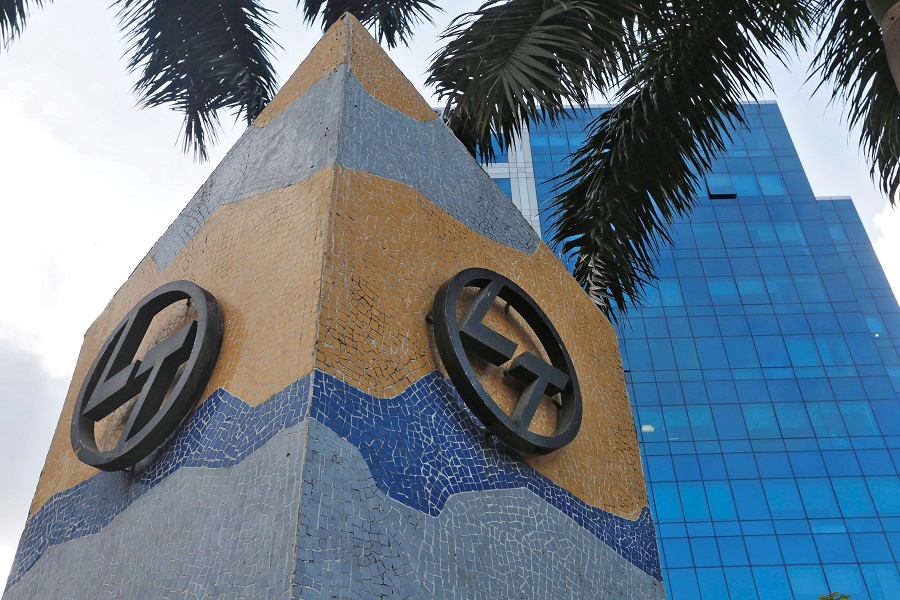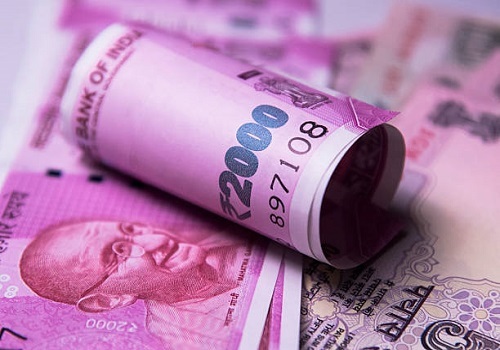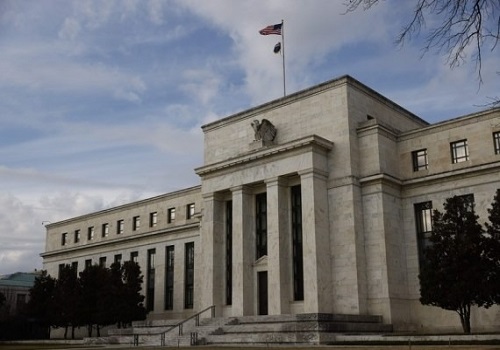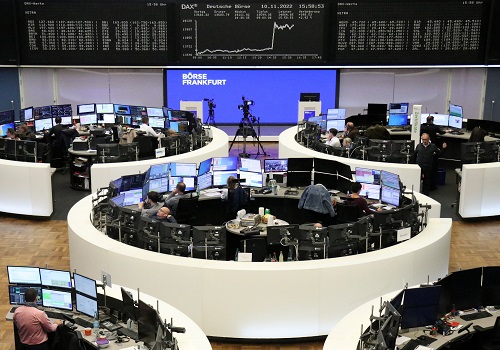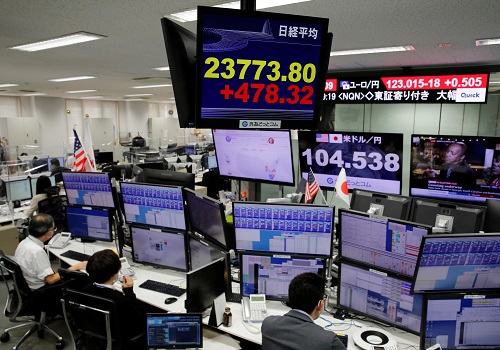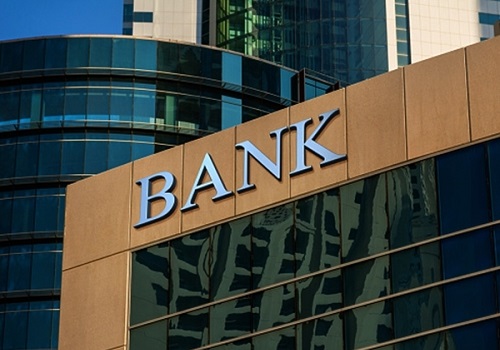World Bank cuts India's 2022-23 growth to 7.5%, but will keep top spot
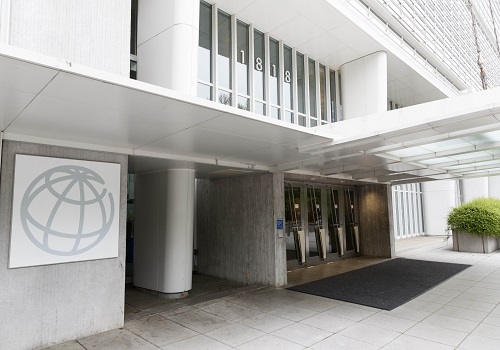
Follow us Now on Telegram ! Get daily 10 - 12 important updates on Business, Finance and Investment. Join our Telegram Channel
Against the backdrop of a global economic deceleration from the fallout of the Russian invasion of Ukraine, the World Bank has cut India's growth prospects to 7.5 per cent for the current fiscal year -- but the nation will still retain its position as the worlds fastest-growing economy.
The Bank's Global Prospects Report reduced India's growth by 0.5 per cent from the 8 per cent forecast made in April when the impact of the Ukraine conflict was just beginning to be felt, and 1.2 per cent from the 8.7 per cent forecast in January.
It estimated India's growth in the last fiscal year at 8.7 per cent.
For the global economy as a whole, the report cut the growth rate by 1.2 per cent -- from the 4.1 per cent forecast in January to 2.9 per cent.
World Bank President David Malpass issued a stern warning that the world faces the risk of stagflation -- a situation of economic stagnation accompanied by high inflation.
"Even if a global recession is averted, the pain of stagflation could persist for several years -- unless major supply increases are set in motion," he said.
The Bank attributed the growth forecast cut for India to "headwinds from rising inflation, supply chain disruptions, and geopolitical tensions offsetting buoyancy in the recovery of services consumption from the pandemic".
"Rising inflationary pressures led to an unscheduled policy interest rate hike in May," it added.
On the other hand, it said, "Growth will also be supported by both private and public fixed investment, buoyed by government incentives and reforms to improve the business climate."
The Bank forecast India's growth rate in the next fiscal year to moderate to 7.1 per cent, although it will be 0.3 per cent higher than the projection in January.
The Bank's latest growth forecast for India is higher than the 6.4 per cent forecast by the United Nations last month.
China, whose growth forecast for the current calendar year was cut by 0.8 per cent from the January forecast to 4.3 per cent, will be the second-fastest growing major economy.
The US and the Euro area had their growth forecast cut to 2.5 per cent, a reduction of 1.2 per cent for the US from January and 1.7 per cent for the Eurozone.
Giving the global picture, the World Bank said, "Following more than two years of (Covid) pandemic, spillovers from Russia's invasion of Ukraine are set to sharply hasten the deceleration of global economic activity.
"The war in Ukraine is leading to high commodity prices, adding to supply disruptions, increasing food insecurity and poverty, exacerbating inflation, contributing to tighter financial conditions, magnifying financial vulnerability, and heightening policy uncertainty," it said.
In South Asia as a whole, the report said, "The Russian Federation's invasion of Ukraine has weighed on growth in the South Asia region (SAR) after a solid recovery in the second half of last year and amplified pre-existing vulnerabilities."
It said that "while the direct impacts from trade and financial exposure to Russia and Ukraine are minimal, spillovers from rising commodity prices, higher borrowing costs, and weaker external demand are significant"
It warned that "additional increases in commodity prices, particularly wheat, could put further upward pressure on food prices eroding real incomes and reducing consumption" while rising energy prices "could further increase inflation, worsen current account positions, and divert resources away from productivity-enhancing investment and social protection".
Meanwhile, Sri Lanka's economy is forecast to shrink by 7.8 per cent during the current calendar year, while Maldives is expected to grow by 7.6 per cent.
Bangladesh's economy is forecast to grow this fiscal year by 6.7 per cent, Pakistan by 4 per cent, Nepal by 4.1 per cent and Bhutan by 4.7 per cent.




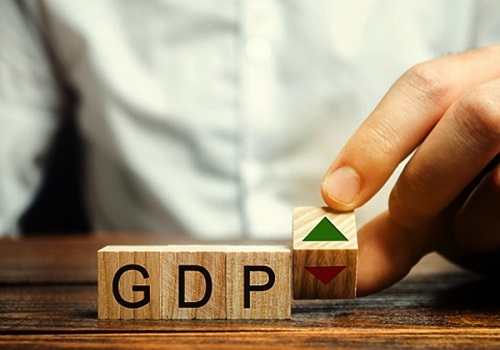
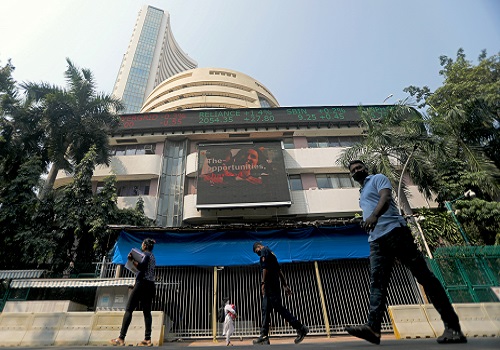
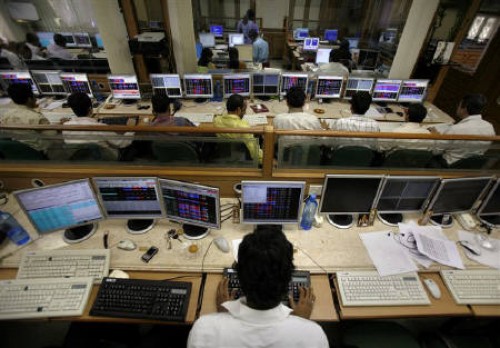
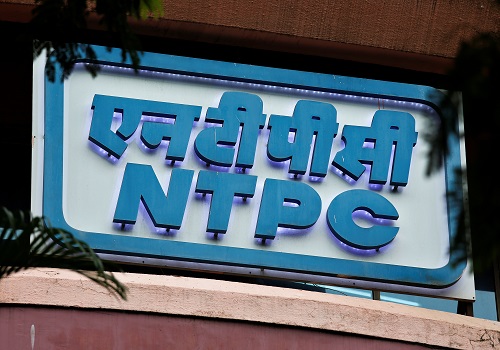


Tag News

Monthly Debt Market Update, September 2023: CareEdge Ratings





 320-x-100_uti_gold.jpg" alt="Advertisement">
320-x-100_uti_gold.jpg" alt="Advertisement">

